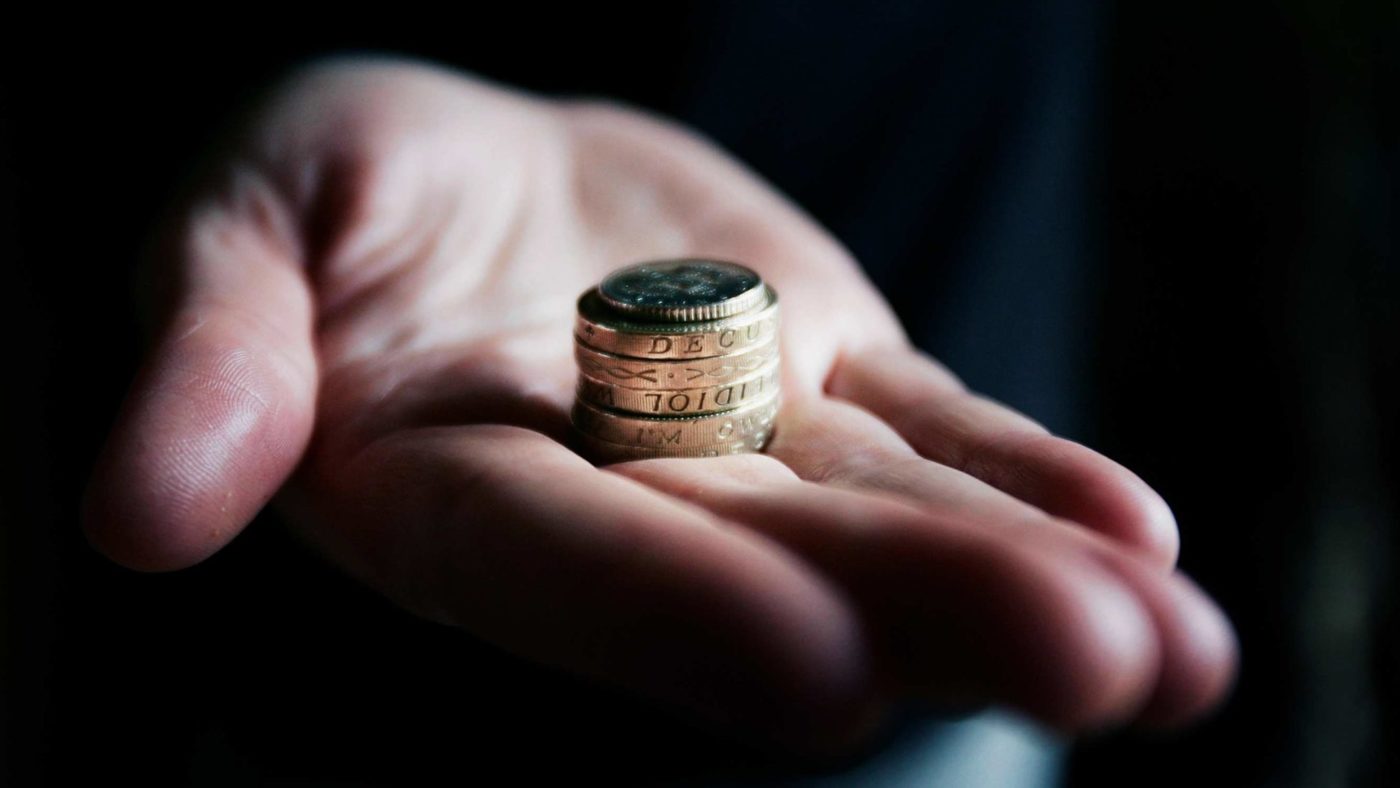The task of economics is to try to work out how human beings work in order to design institutions that channel them towards desired goals. This is true of the desire to reduce inequality just as much as the desire to make the poor rich. This is what makes economics a science. It works in the same way that physicists try to work out how particles work and chemists try to understand molecules and so on. Only once the rules are understood can they be manipulated. As with other sciences, economics must observe the results of experiments.
Which economists do – experimental economics is one of the latest buzzwords. However, this does come with certain problems. The sort of economist that is likely to turn interesting experiments into useful solutions is probably working at a serious university. Their experimental subjects at hand are largely rich, largely white, undergraduates. The results will therefore say a lot about one section of society but are unlikely to say much about other brackets.
Take the ultimatum game. The results are wildly different for the children of winners in free market and capitalist societies – those privileged undergraduates – compared to people in largely non-market and non-capitalist societies. Here, something about culture that is more than a human universal can be found. It is also difficult to say whether the attitude revealed in the experiment is an effect of that societal set-up or a precondition for it.
Controlled experiments are therefore less useful than they sometimes appear. There is also a limit to the effective experiments that can be performed. For example, it is not possible to conduct a controlled experiment between a UK run by Jeremy Corbyn and one run by Boris Johnson, re-rolling history to put the other in charge and see who performs better. Natural experiments are the only way that these questions can be properly considered.
A lot of minimum wage research relies on natural experiments. Look across state or county lines in the US and you can see how wage changes influence the economy between close geographic locations. Or consider how one third of the world was run along socialist lines, one third on market and capitalist lines and the rest using the usual historic collection of incompetents and kleptocrats. That by 1989 living standards dropped two thirds to three quarters on the Soviet side of the Brandenburg Gate demonstrates how natural circumstances can prove to be useful experiments. The 20th century was the largest economic experiment ever conducted, even if most of it was done involuntarily.
All of this makes a natural experiment to decide between the rival contentions of Ed Prescott and Paul Krugman very interesting. Prescott says that Europe is burdened with too much taxation to properly pay for government. The “tax wedge”, the difference between what is being paid out to workers and what workers receive, leads to places like France being significantly poorer than they could be. Krugman suggests that a choice has to be made by society to take some measure of the increased wealth over time as collective, not individual, riches. It is easy to see in Krugman’s argument what is clearly true, namely, that Europeans work fewer hours than Americans. But is this because Europeans live the Good Life or because they are oppressed by taxation?
It is the typically left-wing idea of time banking that can provide the answer to this puzzle. Insisting that the trading of labour without the intervention of ghastly money is generally better and more moral is, indeed, a lefty idea. The importance being that it is tax free in both the US and the UK. So, this is a measure of labour supply entirely uninfluenced by the tax wedge. It is possible to time bank without bureaucrats getting a share and so the decision to work is not at all influenced by any tax that may or may not be taken from profits. Anecdotally at least, this practice is much more popular in Europe than it is the US. So reality would seem to be on Prescott’s side.
However, that’s not quite what is at stake here. There is a larger matter. Those who do advocate time banking are, without knowing it, pointing straight at the tax wedge. The incentive to trade labour without taxation means that one actually can trade labour without taxation. The amount of labour that is traded is thus the amount – de minimis, obviously – that we lose through the burden of taxation. Every snippet of praise for how time banking is growing in popularity is really a complaint about how much poorer everyone is made by the state demanding to be filled with tax revenue in order to pay for itself.
Which is an interesting finding, isn’t it? A natural experiment that allows us to record how much poorer our bloated governments make everyone. Of course, time banking champions would be horrified at the idea that there was a tax wedge at all.
CapX depends on the generosity of its readers. If you value what we do, please consider making a donation.


